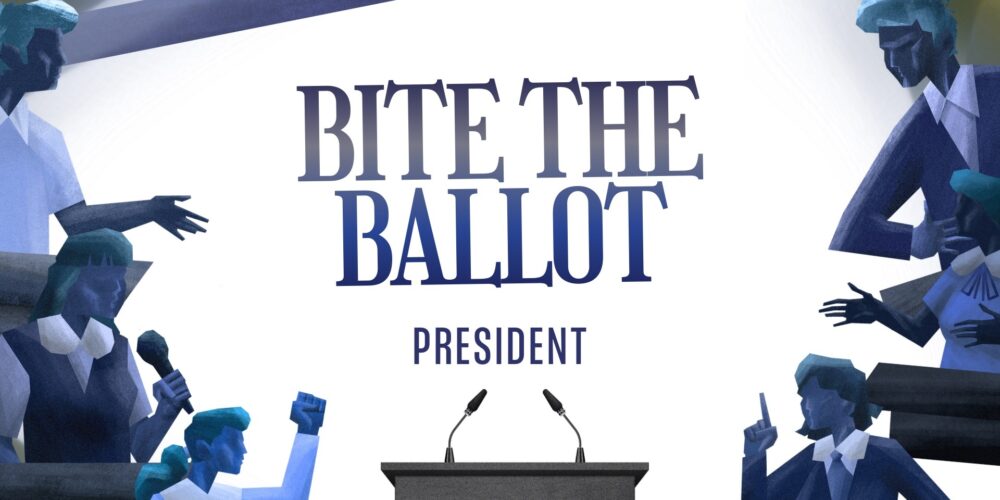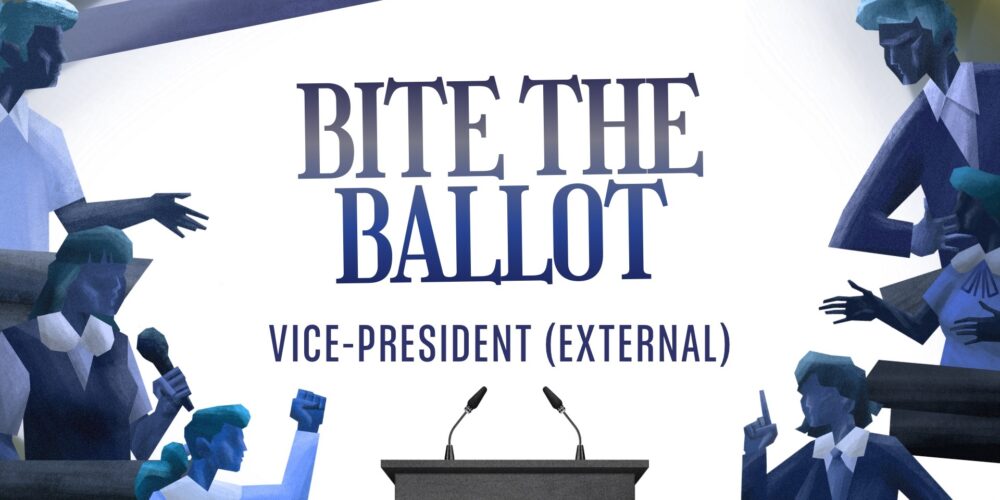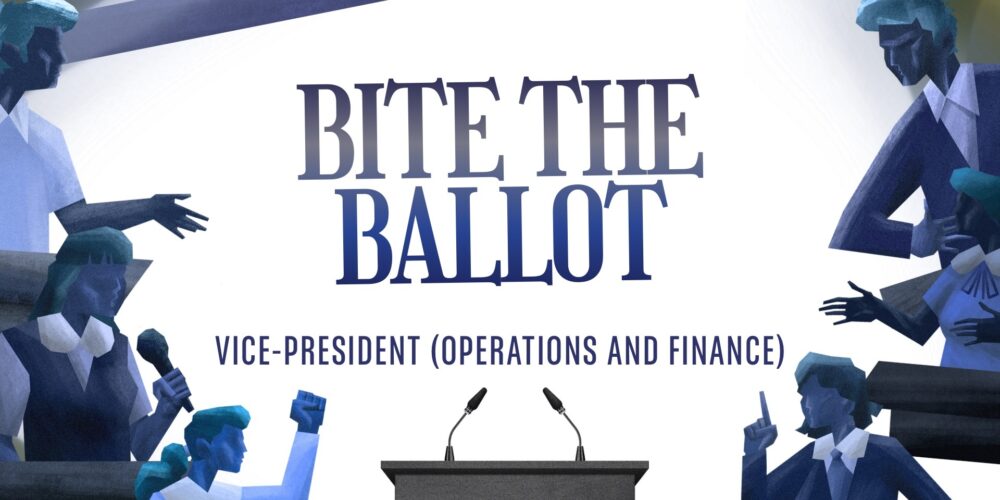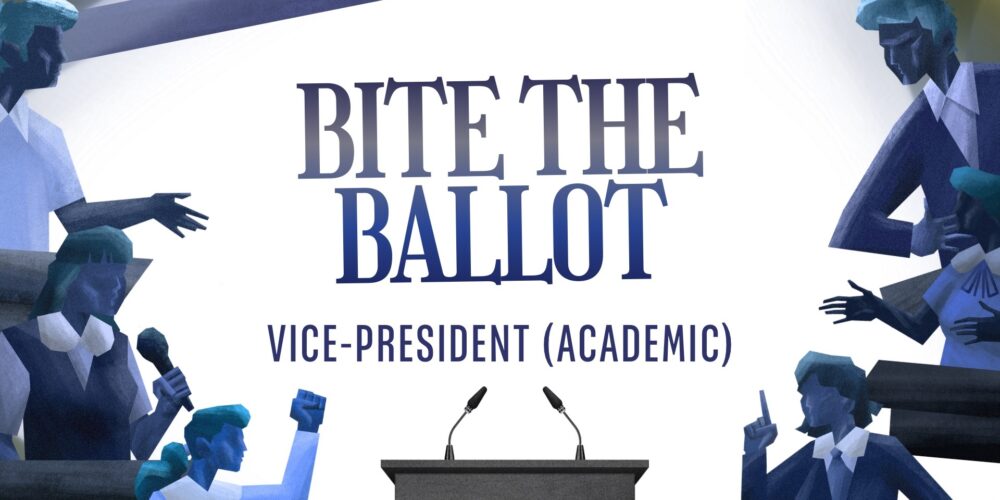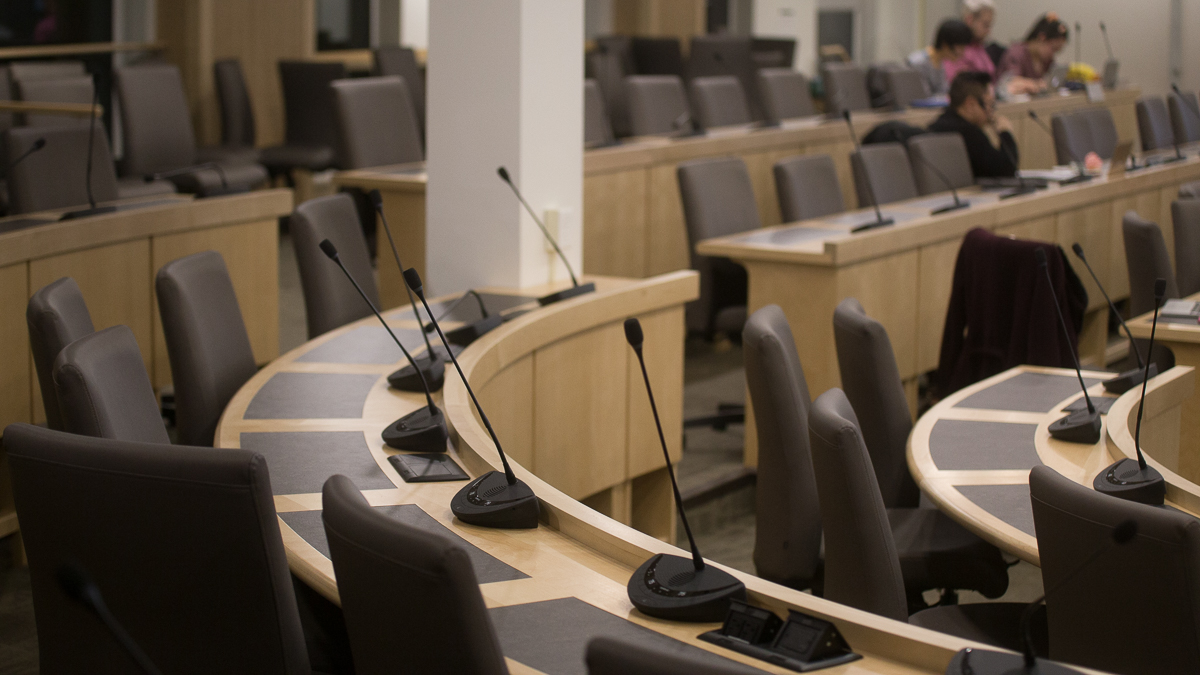 Rosty Soroka
Rosty SorokaWhen you think about the Students’ Union (SU), what do you picture? A team of passionate student politicians? A crowd of protestors outside of council chambers? Campaign posters lining the walkways of campus?
Can you picture anything at all? If you’re a part of the student body that didn’t vote in the 2023 SU elections, probably not. Since only 19.3 per cent of students did, that makes most of us.
Despite this low turnout, the SU Election Office saw a 0.71 per cent increase in voter turnout. But can this news really be applauded, especially when it means that the overwhelming majority of students are unrepresented?
If you’re like much of the University of Alberta’s student body, when you think about the SU, you probably picture nothing. Or, if anything, you picture a sort of vague constellation of political buzzwords.
You might think of things like representation, advocacy, and fighting for students. But, you’re not really sure how or where these sorts of things are accomplished. That’s understandable, especially since the SU hasn’t exactly been transparent.
What’s more, voter turnout is overall trending downwards. In 2021, still looming from the impact of the pandemic, voter turnout still broke 20 per cent. In the four years before that, voter turnout was close to 25 per cent. Yes, a quarter of the student body is nothing close to a majority — but it’s still much better than a measly 19.3 per cent.
Just before the recent SU election, a streeters interview asked students what they thought about the candidates running in the race. Student responses were noticeably marked by a feeling of apathy. They either didn’t know what the SU elections were, or they simply did not care who was running in them.
Can you blame them? Admittedly, it wasn’t until I began working with The Gateway that I started to understand what the SU is. To be frank, sometimes I’m still not sure I get it. To make matters worse, when I visited the SU website to learn more, I was met with outdated or missing information.
In fact, audited financial statements from the past two years are unavailable. The last SU Annual Report posted is from 2014 — nine years ago. This lack of transparency is not a good sign, especially in light of fiascos like Break the Record, in which SU councillors themselves raised concerns about the SU’s inadequate accountability.
The SU is the official representative body for all undergraduate students at the U of A. They communicate with the university and various levels of government about student needs and struggles, and are our way to enact change that helps us all in having a smooth university experience. But, less than a quarter of us voted for them.
When voters don’t understand the government that they’re voting for — or when they don’t feel like their voice matters — they’re less likely to vote. After all, one of the most significant reasons for voter apathy is alienation. It is clear to me that the reason why students don’t vote in the SU elections is because they don’t understand the SU itself.
This should be imminently concerning to the incoming SU executives, especially when students are getting hit with tuition increases and thinning campus services.
Candidates in the most recent election ran their campaigns on a variety of promises, from advocacy to sustainability. But, the incoming SU executives should focus on accessibility and transparency more than anything else.
Until students know what the SU is, and what’s included in each executive’s portfolio, they won’t be inclined to cast their votes in the next election. To put it simply: until students know what the hell is going on, it will be impossible for the SU to enact any meaningful change on our behalf.

